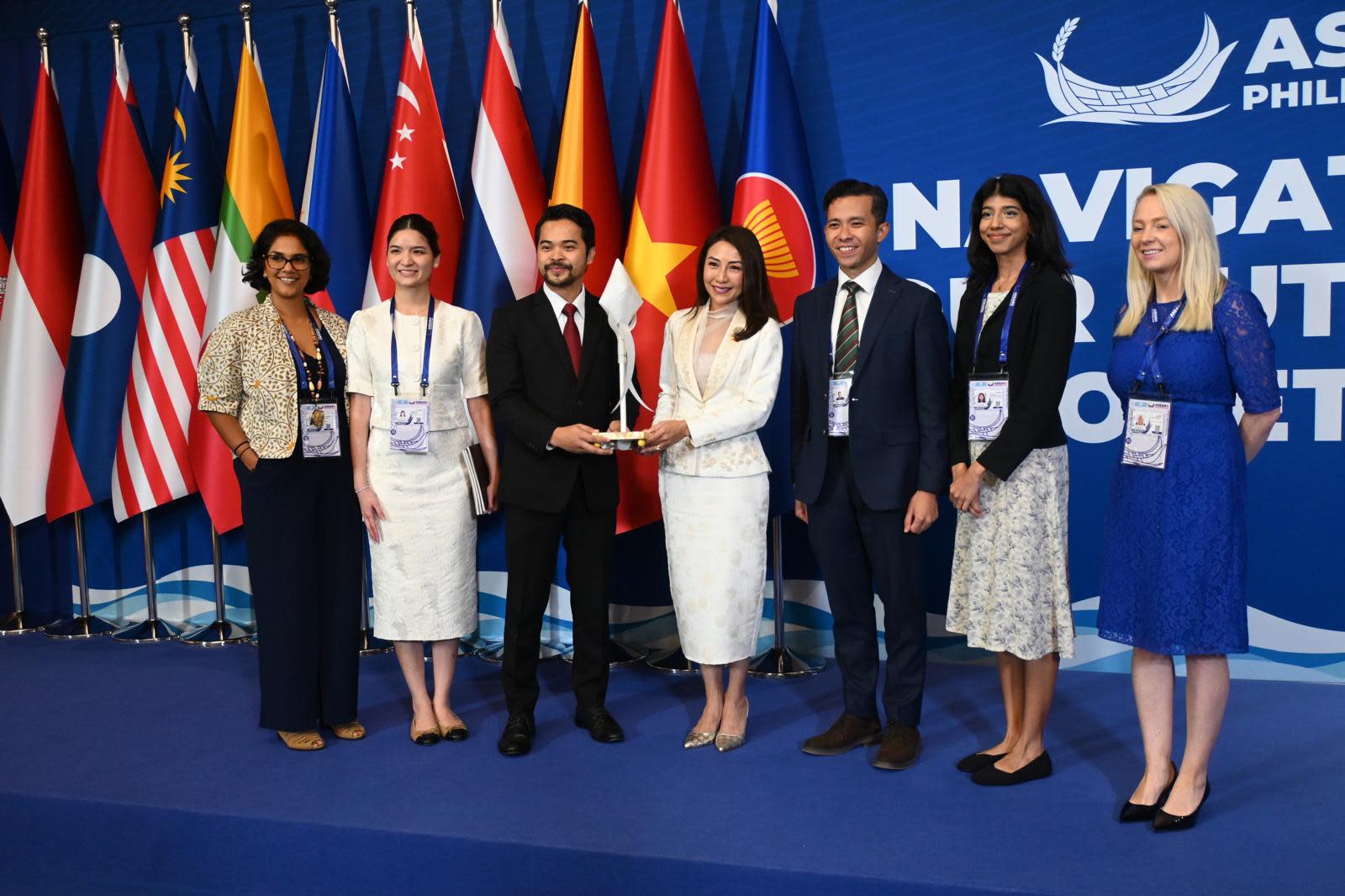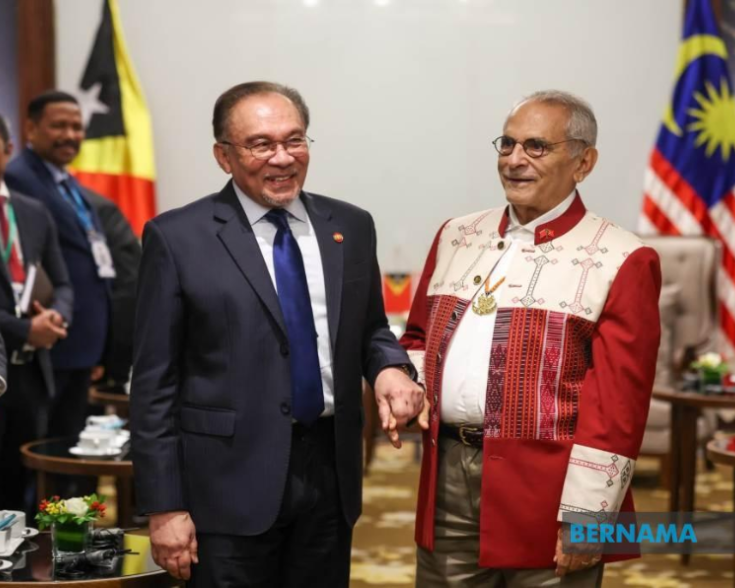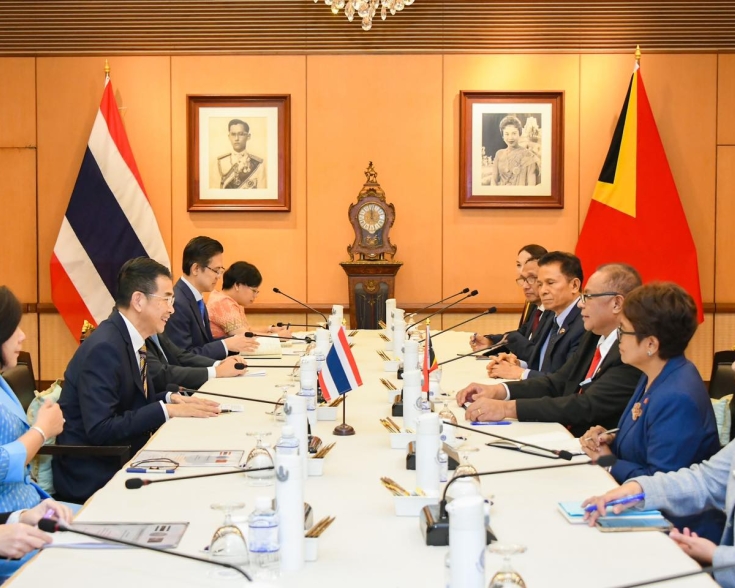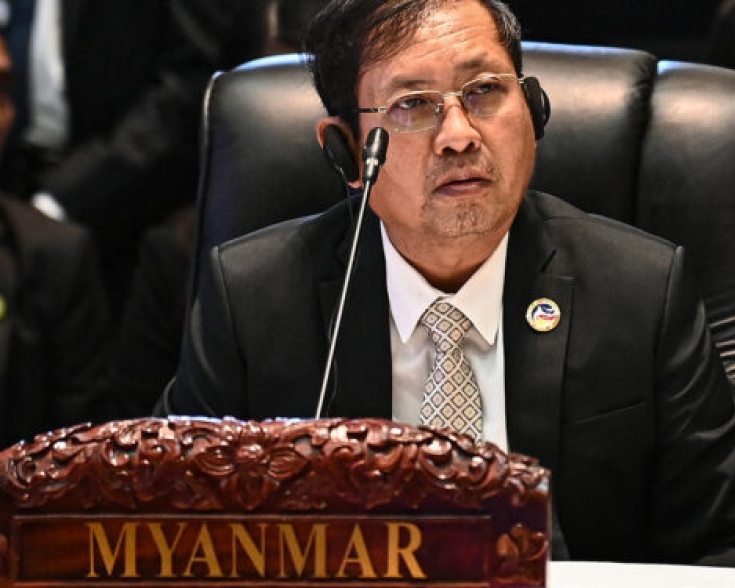Philippines Enacts Key Reforms, Sets Forth Legislative Agenda

Overview of Newly Approved Measures
Konektadong Pinoy or Open Access in Data Transmission Act
The Konektadong Pinoy Act aims to liberalize the Philippines’ data transmission sector by easing entry barriers for private players. In a nutshell, it (i) removes the need for Data Transmission Industry Participants (DTIPs) to secure a legislative franchise to operate and (ii) mandates infrastructure sharing to lower costs and expand connectivity in underserved areas. DTIPs include public telecommunications entities (PTEs), value-added services (VAS) providers, and satellite systems providers or operators (SSPOs), to the extent that they are engaged in data transmission. While the Implementing Rules and Regulations are still being finalized, the law also introduces new considerations for businesses such as enhanced cybersecurity requirements and competitive pressures on established telcos. New business models (such as satellite internet, wireless internet service providers, IoT, and cloud services) may flourish under the Act’s more flexible regulatory framework, fostering greater competition and attracting more foreign investments.
Act Liberalizing the Lease of Private Lands by Foreign Investors
The Philippine Government enacted the amended Investors’ Lease Act, extending the minimum lease period for foreign investors on private land to up to 99 years compared to the previous cap of 50 plus 25 years. Coverage includes factories, industrial parks, farms, and tourism sites, with lease contracts required to be filed with the Registry of Deeds. The law requires such long-term leases to be tied to registered investments under existing laws like the Foreign Investments Act and CREATE, ensuring that leases support legitimate, productive ventures. The law also introduces stricter obligations as well as significantly higher fines and penalties for violations. If implemented effectively, the law can help unlock more sustained investment flows into the Philippines and position the country as a more attractive destination for foreign direct investment compared to regional peers, particularly for projects requiring large capital outlays and extended time horizons. This stability also increases the confidence of lenders and banks to finance large scale projects.
Enhanced Fiscal Regime for Large-Scale Metallic Mining Act
President Ferdinand Marcos signed into law the Enhanced Fiscal Regime for Large-Scale Metallic Mining Act, the first major reform of mining taxation since the Mining Act of 1995 (Republic Act No. 7942). The law introduces higher royalties, a windfall tax, stricter audits, and revenue-sharing measures to boost government income and benefit host communities. Government officials and business communities welcome the development as an enabler of a stable, competitive, and predictable fiscal environment for the mining industry that will position the Philippines as a key player in the global value chain. However, the success of the legislation depends not only on generating revenues but also on the authorities’ capacity to ensure transparency.
E-Governance Act
The recently signed E-Governance Act institutionalized the nationwide shift to digital governance. Under the new law, all national agencies and local government units must adopt interoperable digital platforms to streamline public service delivery. The law mandatesthe Department of Information and Communications Technology (DICT) to lead the development of a National E-Government Master Plan (EGMP), which will guide the digitalization efforts across all government branches, including executive, legislative, judicial, constitutional bodies, local government units (LGUs), government-owned and controlled corporations (GOCCs), and state universities and colleges (SUCs). A key component of this initiative is the establishment of the EGov Unified Project Management Office (EGov UPMO), tasked with overseeing the implementation of ICT projects to ensure efficiency and avoid duplicative efforts. By providing a more predictable and technology driven interface with government, the overall ease of doing business and public service delivery is expected to improve.
The Philippine National Nuclear Energy Safety Act
The Philippine National Nuclear Energy Safety Act establishes the Philippine Atomic Energy Regulatory Authority (PhilATOM) as an independent body with sole jurisdiction over all nuclear and radiation-related activities. The law consolidates regulatory functions previously divided among agencies such as the Department of Science and Technology and Department of Energy, providing a comprehensive framework nuclear safety and security. It aligns the Philippines with International Atomic Energy Agency (IAEA) standards and supports future plans to integrate nuclear power into the national energy mix.
Priority Bills for the 20th Congress
Last September 30, the Legislative-Executive Development Advisory Council (LEDAC), a coordination mechanism between the executive branch and Congress, identified which bills are likely to pass under the 20th Congress. The endorsed Common Legislative Agenda emphasized priority bills on institutional reform, fiscal modernization, and digital transformation.
Among the most significant bills for the private sector include:
Cybersecurity Act
Digital Payments Act
Fair Use of Social Media, AI, and Internet Technology in Elections
Waste-to-Energy Bill
Excise Tax on Single-Use Plastics
Masterplan for Infrastructure and National Development
Modernizing the Bureau of Immigration.
The full list of measures can be found here.








